VAI Epigenomics Workshop

Registration has closed for this event. Please contact Courtney Zirkle with any questions.
The VAI Epigenomics Workshop is a three-day, hands-on, problem-based experience that immerses Ph.D. students in the latest epigenomic research and techniques. Workshop sessions will be taught by leaders in their fields and cover an array of approaches, including:
- Epigenomic tools and data analysis
- Single cell epigenomics
- CRISPR-based systematic perturbation screens
- Biomolecular condensates and phase separation
- Chemical approaches in epigenomics studies
By the end of the workshop, students will have a broad understanding of epigenomic data types and tools, and the unique challenges posed by each. They also will be better able to apply these tools to interdisciplinary research questions in the field. In addition, students will build meaningful connections with research leaders and other graduate students in the broader epigenomics field.
The application period opens in March. To be added to our mailing list, please email Courtney Zirkle.
Funding for the workshop was made possible (in part) by R25HG011020 from the National Human Genome Research Institute of the National Institutes of Health. The views expressed in written conference materials or publications and by speakers and moderators do not necessarily reflect the official policies of the NIH; nor does mention of trade names, commercial practices, or organizations imply endorsement by the U.S. government.
Wednesday, July 10, 2024
Workshop Session 1
Xiang David Li, Ph.D.
The University of Hong Kong
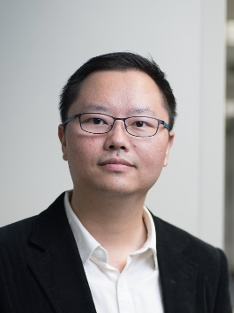
Photo-cross-linking to delineate epigenetic interactome
Break
Sue Clark, Ph.D.
Garvan Institute of Medical Research

Break
Steve Baylin, M.D.
Johns Hopkins University; Van Andel Institute
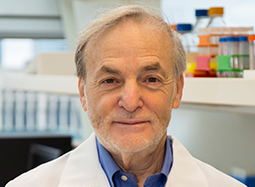
Workshop day 1 concludes
Dinner
Thursday, July 11, 2024
Workshop Session 2
Kavitha Sarma, Ph.D.
The Wistar Institute

Genomic methods for R-loop detection and analysis
Break
Qin Yan, Ph.D.
Yale School of Medicine
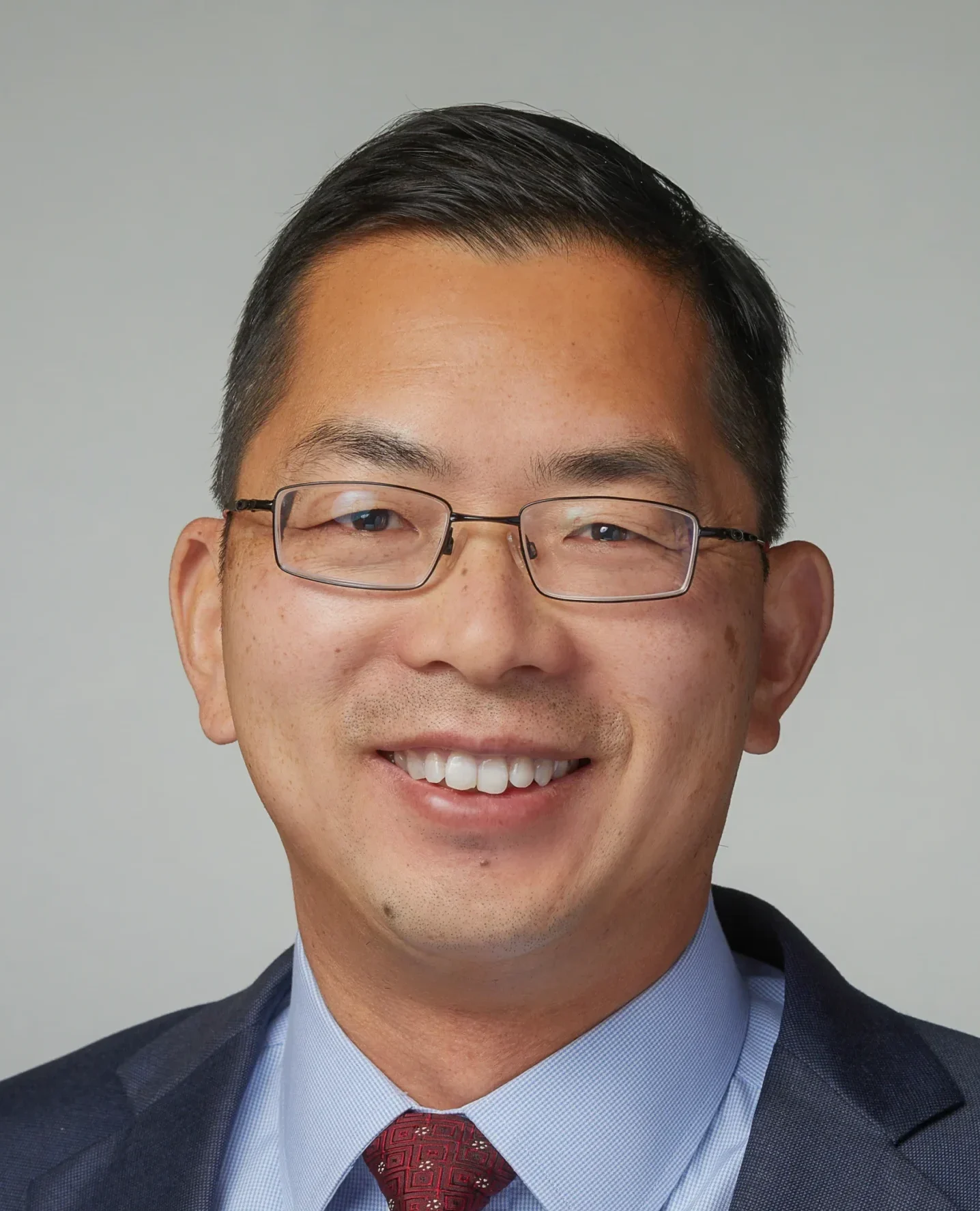
Break
Chao Lu, Ph.D.
Columbia University
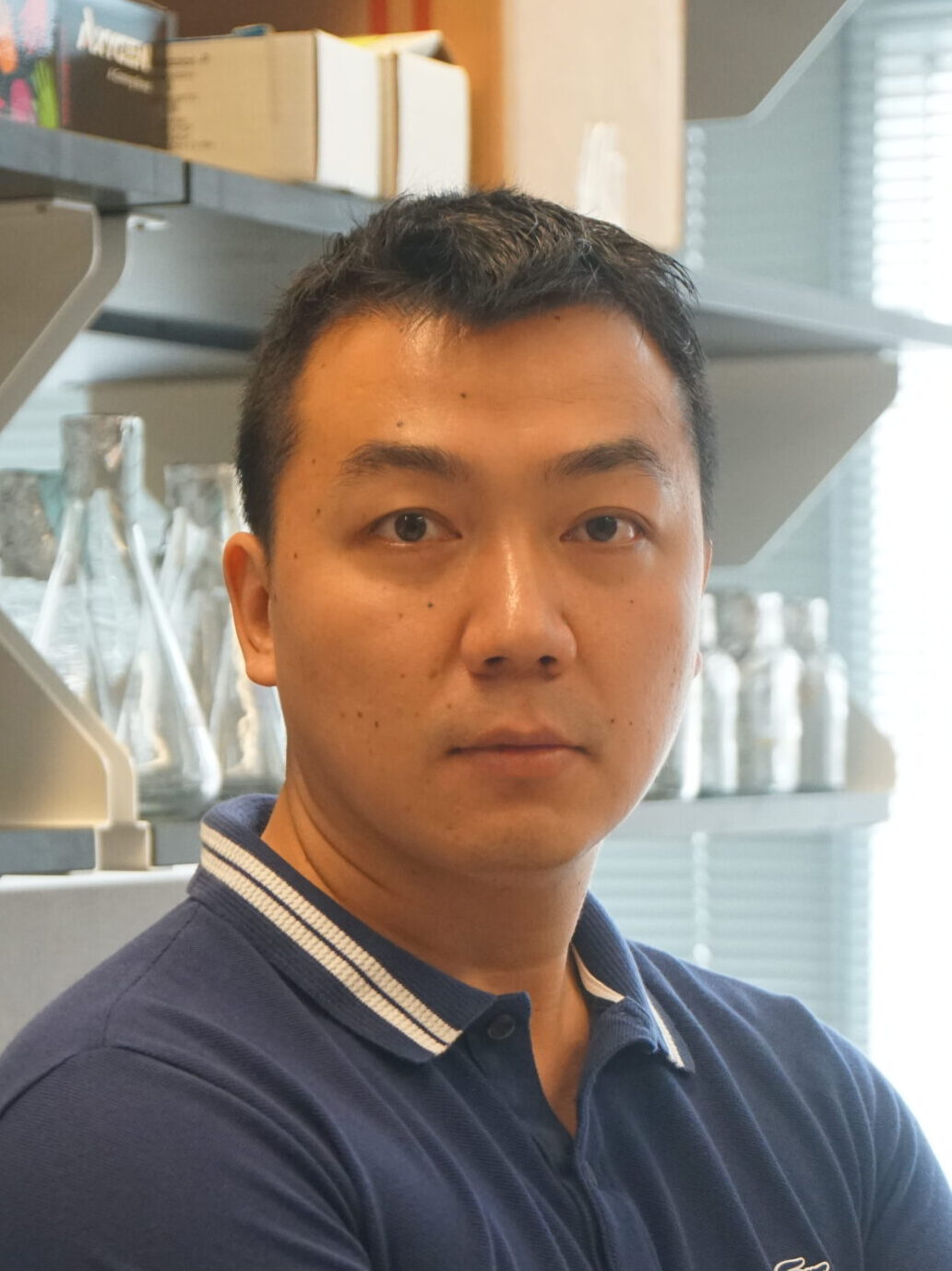
Erica Gobrogge, Ph.D.
Van Andel Institute
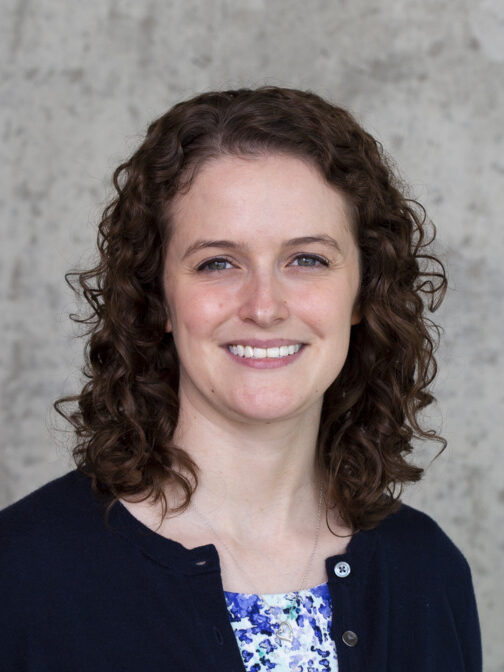
Workshop Session 3
Akihiko Yokoyama, Ph.D.
National Cancer Center Tsuruoka Metabolomics Laboratory
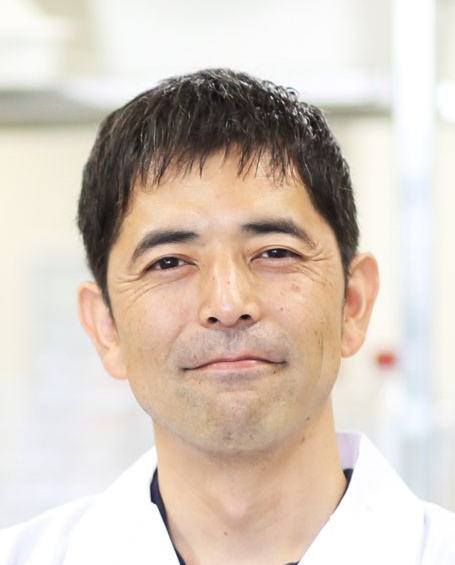
Elucidating protein-protein interaction on chromatin
Break
Ben Sabari, Ph.D.
UT Southwestern Medical Center

Regulation of transcription by biomolecular condensates
Break
Han Xu, Ph.D.
University of Texas MD Anderson Cancer Center
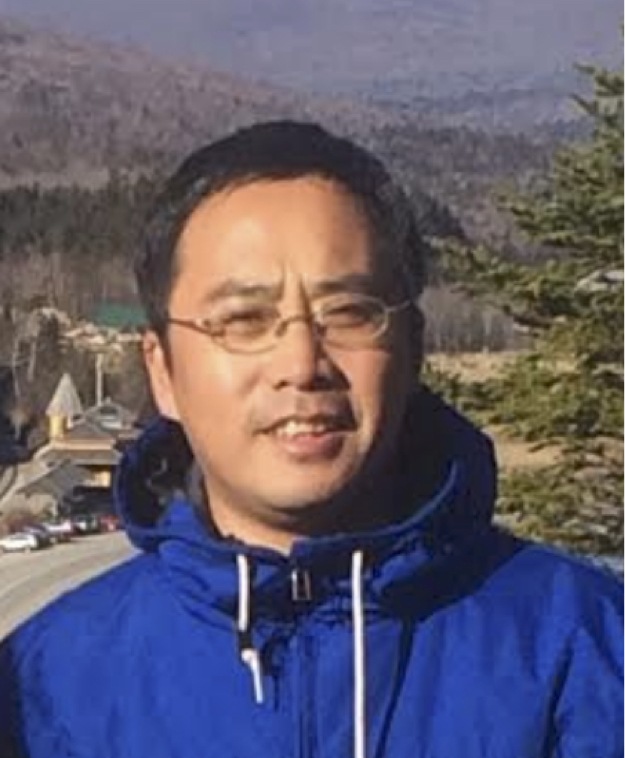
Workshop day 2 concludes
Friday, July 12, 2024
Workshop Session 4
Wanding Zhou, Ph.D.
The Children’s Hospital of Philadelphia
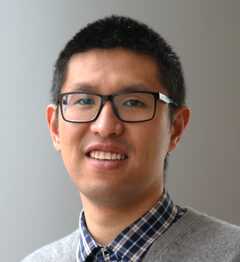
Infinium DNA methylation BeadChip analysis using SeSAMe
Break
Josh Jang, Ph.D.
Van Andel Institute
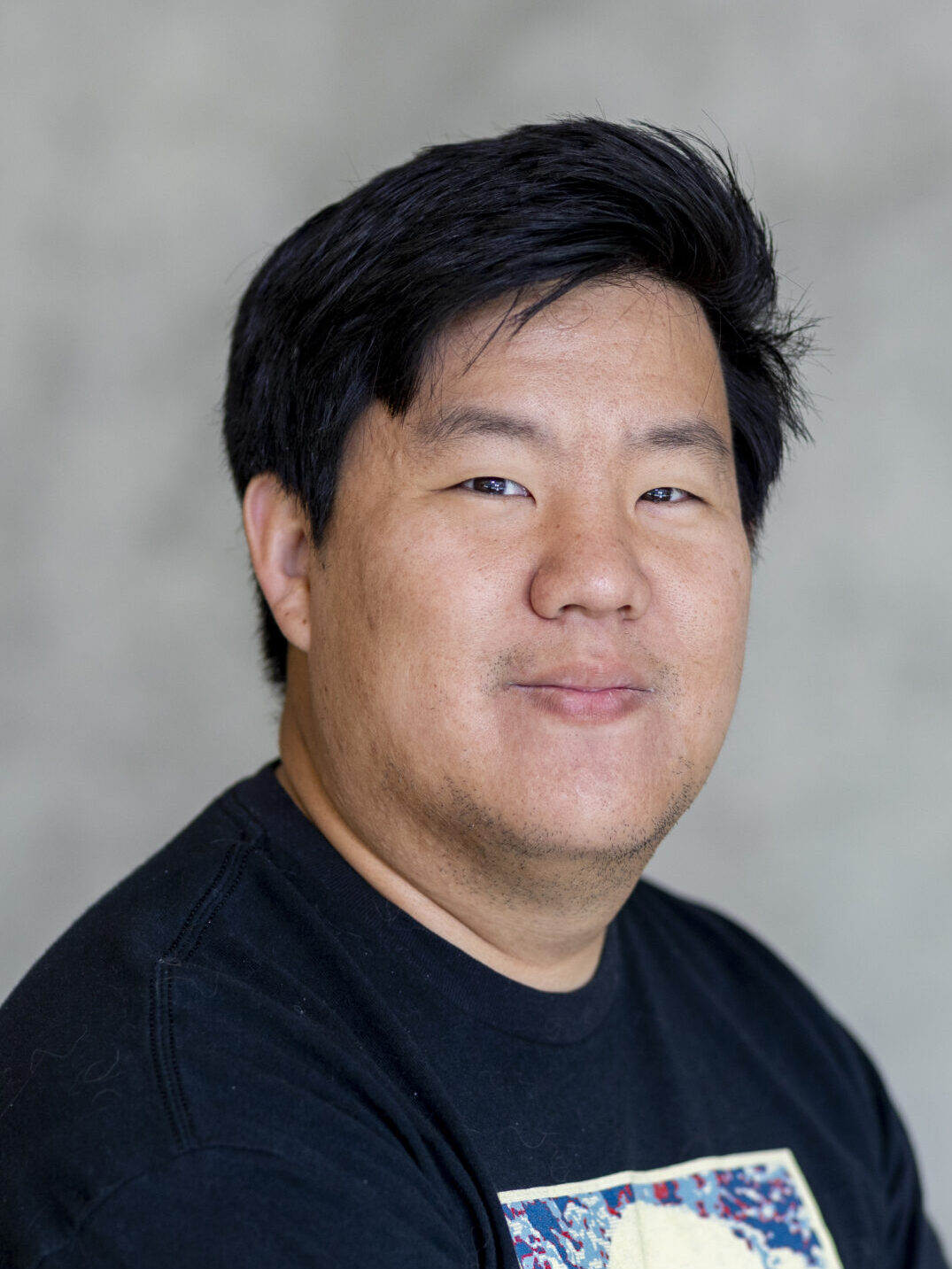
Break
Ben Johnson, Ph.D.
Van Andel Institute

Lunch and departures
Johns Hopkins University; Van Andel Institute
Dr. Stephen Baylin earned his M.D. from Duke University in Durham, N.C. in 1968 and completed his internship and first year of residency at the university. He then served as a staff associate at the National Institutes of Health’s National Heart and Lung Institute for two years before returning to Johns Hopkins to complete his residency and fellowship. He was appointed as an assistant professor of medicine at Johns Hopkins in 1974 and rose through the ranks, becoming a professor of oncology in 1986 and a professor of medicine in 1990. In 1991, he was appointed chief of the Tumor Biology Division and, the following year, was named as the associate director for research at the Johns Hopkins Oncology Center. He is currently Virginia and D.K. Ludwig Professor for Cancer Research in the Oncology Department and co-head of Cancer Biology at the Sidney Kimmel Comprehensive Cancer Center at Johns Hopkins.
Dr. Baylin has earned numerous prestigious honors, including the 2004 Investigator of the Year Award from NCI SPORE; the 2005 Shubitz Cancer Research Prize from the University of Chicago; and the 2009 Kirk A. Landon-AACR Prize for Basic and Translational Cancer Research, together with Van Andel Institute (VAI) Chief Scientific Officer Dr. Peter A. Jones. In 2011, Drs. Baylin and Jones were jointly awarded the American Cancer Society’s Medal of Honor. He was elected to the National Academy of Sciences in 2017.
He has authored or co-authored more than 450 publications and served as associate editor of Cancer Research. Dr. Baylin also served on the board of the American Association for Cancer Research Board of Directors from 2004 to 2007, and was the leader of the first SU2C Epigenetics Dream Team, launched in 2009.
He has received numerous honors and accolades, including the 2011 American Cancer Society Medal of Honor, which he shared with Dr. Peter A. Jones; election as a fellow of the American Association of Cancer Research Academy in 2014; and election as a member of the National Academy of Sciences in 2017.
In 2015, he accepted an appointment at VAI as co-leader of the VAI–SU2C Epigenetics Dream Team, which he leads with Dr. Jones, and as a professor in the Center for Epigenetics. In addition to his work at VAI, Dr. Baylin continues his work at Johns Hopkins
Professor, Garvan Institute of Medical Research
Professor Susan Clark is a globally renowned researcher in cancer epigenetics, currently Research Director of Epigenetics at the Garvan Institute of Medical Research in Sydney, Australia, and NHMRC Senior Principal Research Investigator. The pioneering techniques she developed, including bisulphite methylation sequencing and bisulphite-based PCR methods in the 1990s and 2000s significantly advanced epigenetic research in development and disease. Using the growing suite of epigenomic sequencing technologies and bioinformatic analyses, her laboratory has made ground-breaking discoveries relating to alterations of epigenomic patterns in cancer genomes, including the concept of long-range epigenetic deregulation spanning large-scale 3D domains associated with changes in replication timing and co-ordinate gene silencing and activation. With over 160 peer-reviewed articles, 30 reviews, and 9 book chapters, her work has received >23,000 citations. Her exceptional contributions have earned her several prestigious awards, including the Ramaciotti Foundation National Medal of Excellence (2015), NSW Premier’s Prize for Excellence in Medical Biological Sciences (2019), and elected fellowships with the Australian Academy (FAA) (2015) and the Australian Academy of Health and Medical Sciences (FAHMS) (2020).
Van Andel Institute
Dr. Josh Jang has a Ph.D. in molecular genetics and genomics from Washington University in St. Louis and a B.S. in health promotion and disease prevention from University of Southern California. His graduate work focused on characterizing transposable elements’ contribution to oncogenic potential in cancer cell line models, as well as other projects that established and optimized targeted epigenetic technologies using CRISPR-Cas9 technology. In 2020, Dr. Jang joined Van Andel Institute as a VAI Fellow under Drs. Peter A. Jones and Stephen B. Baylin.
Van Andel Institute
Dr. Ben Johnson earned his B.S. in biology from Calvin College and his Ph.D. in microbiology and molecular genetics from Michigan State University. His graduate work focused on developing chemical probes to dissect molecular mechanisms of environmental sensing and adaptation in Mycobacterium tuberculosis (TB), with the ultimate goal of identifying new therapies against TB infections. The small molecules identified often would not directly kill TB in vitro and instead acted as anti-virulence compounds, disarming the pathogen during infection. Thus, computational biology approaches were used in conjunction with “wet” experiments to narrow down putative pathways altered in response to treatment with these experimental compounds to generate tractable hypotheses. Following graduate school, he worked as a bioinformatics research scientist in the Bioinformatics and Biostatistics Core at Van Andel Institute doing sequencing data analysis. In 2019, he joined the laboratories of Drs. Tim Triche and Hui Shen as a postdoctoral fellow and, in 2021, he transitioned fully to the Shen Lab.
Professor, The University of Hong Kong
Dr. Sarma joined The Wistar Institute in 2016 in the gene expression and regulation program. She is also a core member of the Epigenetics Institute at the University of Pennsylvania. Dr. Sarma is an expert in both chromatin and non-coding RNA biology, having extensively studied eukaryotic gene regulation and mammalian dosage compensation. Dr. Sarma completed her graduate studies with a Ph.D. in biochemistry from Rutgers University and conducted her postdoctoral training at the Massachusetts General Hospital-Harvard Medical School. In 2017, Dr. Sarma was awarded the NIH New Innovator Award to explore the functions of RNA containing chromatin structures called R-loops. Her laboratory currently explores RNA function in epigenetic gene regulation and in the formation of atypical chromatin structures in disease.
Dr. Han Xu is an associate professor at University of Texas MD Anderson Cancer Center. He received Ph.D. in Bioinformatics from Nanyang Technological University, Singapore (2011) and conducted postdoctoral training at Dana Farber Cancer Center (2011-2015). Dr. Xu’s long-term research interest is to understand transcriptional and epigenetic regulations in mammalian cells from a system biology viewpoint. This interest is fueled by the rapid technological advances in high-throughput genomic, transcriptomic, and proteomic profiling, as well as in genetic and epigenetic functional perturbation assays. Dr. Xu has developed a series of computational methods for the analysis, interpretation and integration of high-throughput profiles to understand the links among protein-DNA interaction, high-order chromatin structure, and gene expression (Cell 2008; Bioinformatics 2008 & 2010; Genome Biol., 2010; Nat. Genet., 2011; Mol. Cancer Res., 2015). Over the past 10 years, Dr. Xu and his laboratory have been actively engaged in the optimization of CRISPR systems and the algorithm development for rational design and analysis of high-throughput CRISPR functional screens (Genome Res., 2015; Genome Biol., 2015; Nat. Commun., 2017, 2019 & 2022; Bioinformatics, 2021; Nucleic Acids Res., 2023). These tools collectively addressed the needs for large-scale functional characterization of transcription factors and epigenetic regulators.
Akihiko Yokoyama obtained his Ph.D. degree from Tokyo Medical and Dental University in 2001 for the work on Epstein-Barr virus-mediated transformation (supervised by Dr. Kanji Hirai). During his Ph.D. course, he started a research project on MLL-associated leukemia in the laboratory of Dr. Misao Ohki and Dr. Issay Kitabayashi at National Cancer Center Research Institute (NCCRI). He then joined the laboratory of Dr. Michael Cleary at Stanford University from 2002 to 2008 and characterized the molecular architecture of MLL and MLL fusion complexes. After his six-year stint in US, he came back to the Kitabayashi lab and then moved to Kyoto University to start his own laboratory. In 2017, he moved to National Cancer Center Tsuruoka Metabolomics Laboratory in Yamagata to serve as a team leader. He has characterized the MLL and AF4/ENL/P-TEFb complexes and their roles in physiological and oncogenic contexts. In that process, he found that MENIN is an essential oncogenic cofactor in MLL-associated leukemia, which provided a molecular basis of MEININ-MLL interaction inhibitors. In recent years, he has been working on the roles of MOZ/MORF and AF10/DOT1L complexes in leukemia. His ultimate goal is to understand the molecular mechanisms of leukemogenesis and other childhood cancers and provide better therapeutic strategies for the patients.
Dr. Zhou, an Assistant Professor of Pathology at the Children’s Hospital of Philadelphia and the University of Pennsylvania, leads a lab focusing on computational and experimental genomics. With a Ph.D. in Bioengineering from Rice University and postdoctoral work at Van Andel Institute, his expertise lies in DNA methylation and its role in disease. He has contributed to developing DNA methylation arrays, including the EPIC, MM285, Mammal40, and EPICv2 arrays. His work also encompasses bioinformatics methods and open-source software for DNA methylation analysis, supporting technologies like Infinium arrays (SeSAMe), methylome sequencing (BISCUIT), and nanopore sequencing (DeepMod2). Additionally, Dr. Zhou’s contributions include informatics tools for variant annotation (TransVar) and structural variation detection (novoBreak, breakDown), as well as tools for matrix exploration (PyComplexHeatmap).
Doctoral students from U.S. colleges and universities who have completed their comprehensive exams in an epigenetics-related discipline and are embarked on an epigenetics-based Ph.D. thesis are eligible to apply. Applicants should have entry-level, basic knowledge of the “command line.” Suggested pre-course training opportunities will be communicated to all candidates who are unsure about their command line competency.
Please submit the following materials no later than Friday, May 15, 2024. The requested documents should be combined into one PDF document in the order listed below:
- A biosketch*
- One-paragraph statement of interest including area of study
- Poster abstract (For formatting details, please visit our Poster tab)
- Letter of recommendation from thesis advisor or a thesis committee member**
*Applicants are encouraged to describe any adversities they have faced in the personal statement section of the biosketch.
**To complete your application, a letter of recommendation from your Ph.D. advisor or a thesis committee member must also be received by May 22. This can be included as the fourth document in the submission above or can be emailed by the advisor separately to Courtney Zirkle.
Applications will be reviewed by the course committee, which will select 12–15 applicants for admission into the workshop. Students will be notified by in early May 2024.
Submitted abstracts should represent original research and may cover any biomedical research topic. The title should be brief and descriptive, and the body should include rationale, methods, and results. Please prepare abstracts using the below template. Abstracts should be submitted during the application process.
Questions?
Questions regarding abstract submission, posters, or the poster session can be directed to Courtney Zirkle.
TITLE OF ABSTRACT IN ALL CAPS (STYLE = TITLE)
Presenting Author1,2, Other Author1, and Last Author1,3(Style = Authors)
1First Dept., Institution, City, State, Country, 2Second Dept., Institution, City, State, Country, and 3Last Dept., Institution, City, State, Country (Style = Affiliations)
Body of abstract using 300 words or less. Define each abbreviation at first use. All fonts should be Arial, 11 pt. and text should be single-spaced. Once you have filled in this template, choose File>Save As and save your file as a Word document (.doc or .docx) with the filename lastname_abstract. (Style = Body)
EXAMPLE
THE ROLE OF EPIGENETICS IN CANCER METABOLISM
Andrew Pospisilik1,2 and Russell Jones1
1Department of Metabolic and Nutritional Programming, Van Andel Institute, Grand Rapids, MI, United States, 2Department of Epigenetics, Van Andel Institute, Grand Rapids, MI, United States
Cancer is essentially a disease in which cells have lost their normal checks on cell proliferation. Cancer cells also have evolved to evade elimination by the immune system, the body’s defense mechanism against foreign invaders. Recent studies suggest…
There are no costs for selected student participants. VAI will cover costs associated with student participants’ travel and lodging to and from the VAI Epigenetics Symposium and Epigenomics Workshop. There is no registration fee for the workshop. Applicants will be able to indicate their need for child-care assistance as part of the online application.
Event Details
Contact Info:
Email: Courtney Zirkle